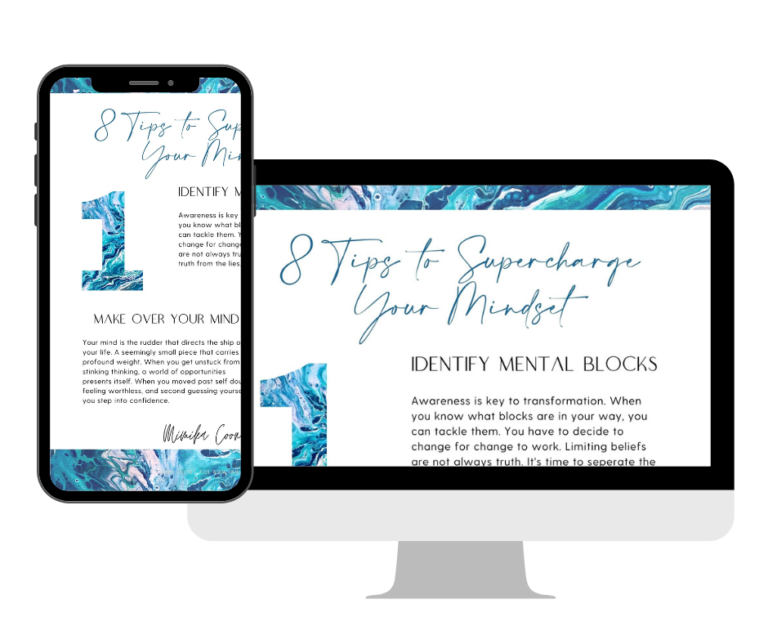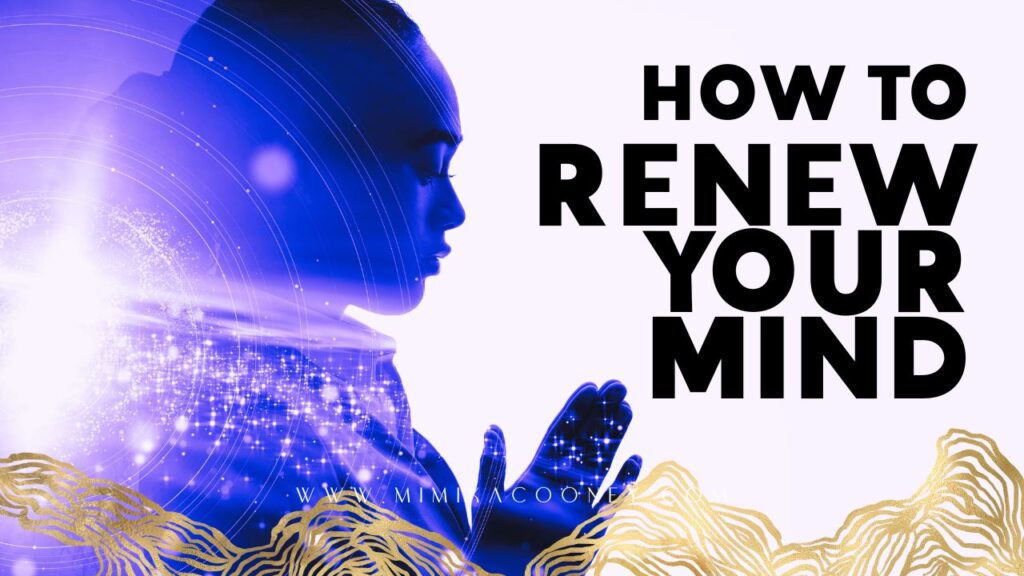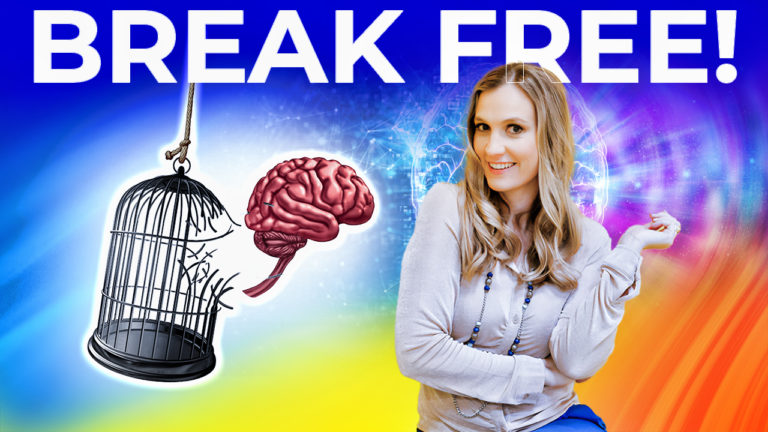How to Live Your BEST Life: A Guide to Achieving Your Dreams
Living Your Best Life: Unlocking the Power of the Mind
Are you longing for personal growth and a deeper connection with your Christian faith? This video guides you through the transformative journey of reshaping your thoughts and beliefs, leading to a more prosperous and fulfilled life.
Mind vs. Brain: Understanding the Difference
The Computer Analogy
Your mind and brain operate like a computer. Imagine your brain as the hard drive: it stores memories and processes information. On the other hand, your mind is the software, programmed with beliefs and thought patterns since birth. Just as a computer slows down or crashes when burdened with too many files and viruses, our brains can become overwhelmed with outdated and unhelpful programming.Rethinking Prosperity
Childhood conversations and experiences shape our understanding of prosperity. Challenge and replace old beliefs that no longer serve you. Without reevaluating our mindset, we risk self-sabotage.
The Pitfall of Unexamined Success
Surprisingly, many lottery winners end up poor within years. Success can be unsettling if you haven’t managed your mindset. The shift in relationships and perception can cause unease, leading some to unconsciously sabotage their newfound wealth.
Metacognition: Think About Your Thinking
Seeking Objectivity
Ask yourself the “why” behind your feelings and actions. This introspective approach is vital for personal growth. Embrace humility, avoid taking offense, and always seek unity and understanding. A divided mindset is unproductive.The Power of Neuroplasticity
Your brain has the ability to rewire itself. Learning new skills and challenging old habits can help you replace outdated beliefs. Commitment to change, even amidst discomfort, will yield transformative results.
The Danger of Passive Acceptance
Not every thought or belief serves us well. We often absorb information without questioning its validity. Take an active approach: analyze, question, and discern the truth from the untruth. Journaling can be a powerful tool in this process.
Action Steps
Start Journaling
Grab a pen and paper. Write down your thoughts to tap into your subconscious. Reflecting on your entries can offer profound insights.Use Resources
Visit mimikacooney.com/supercharge for tips and resources. Dive deeper into the subjects of brain rewiring and mindset enhancement by subscribing to my podcast and exploring the wealth of articles on my site.
Closing
Empower yourself to live a life of prosperity and happiness by embracing change, deepening your faith, and reshaping your mindset. Your best life awaits!







